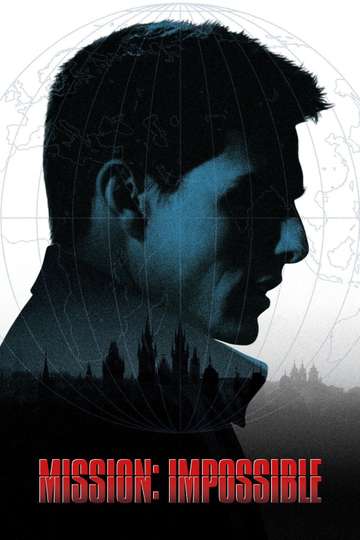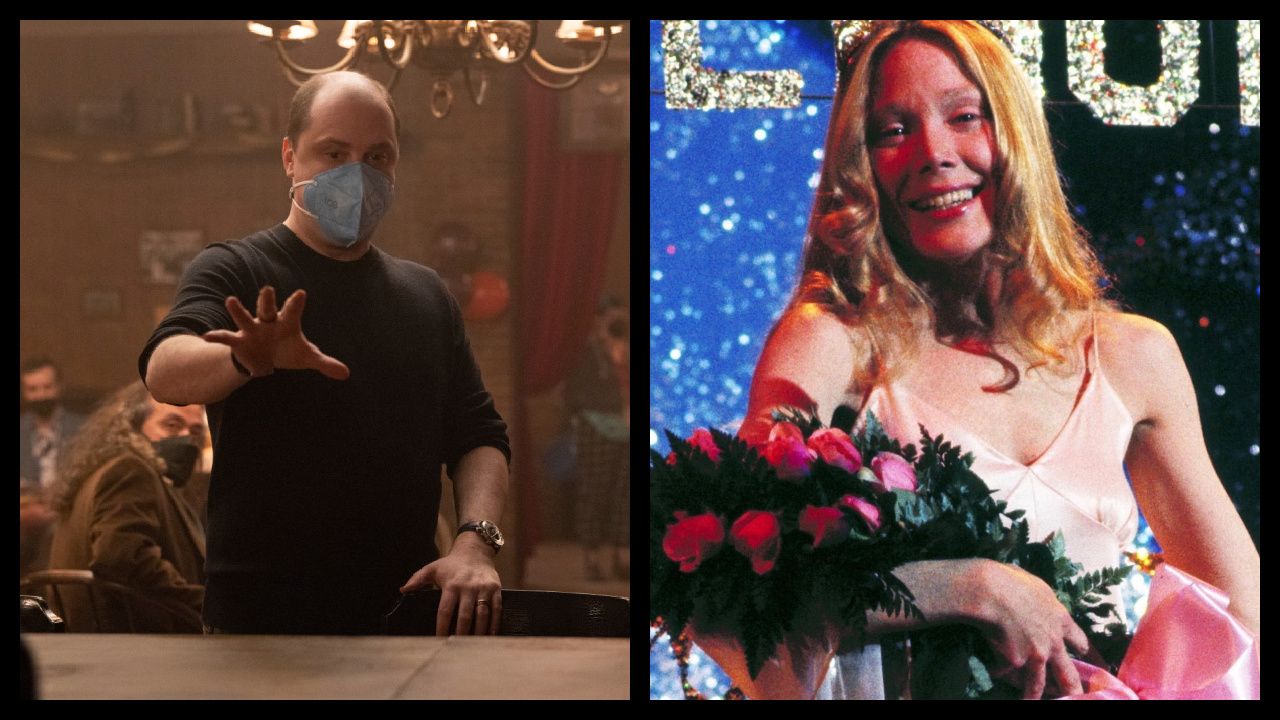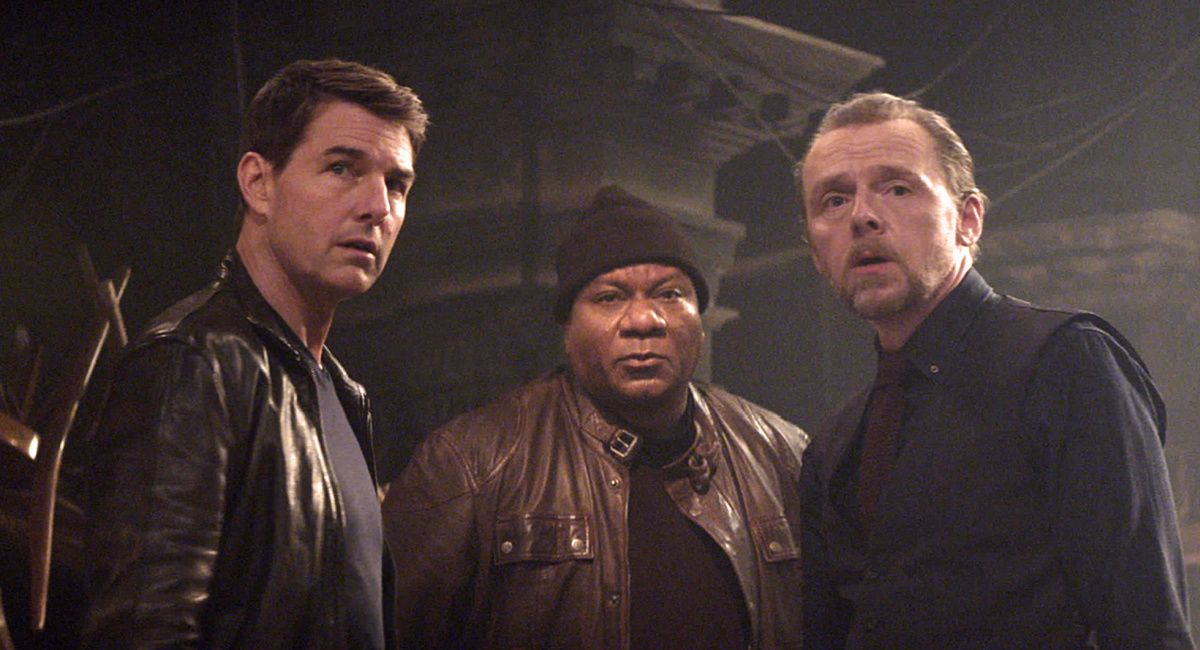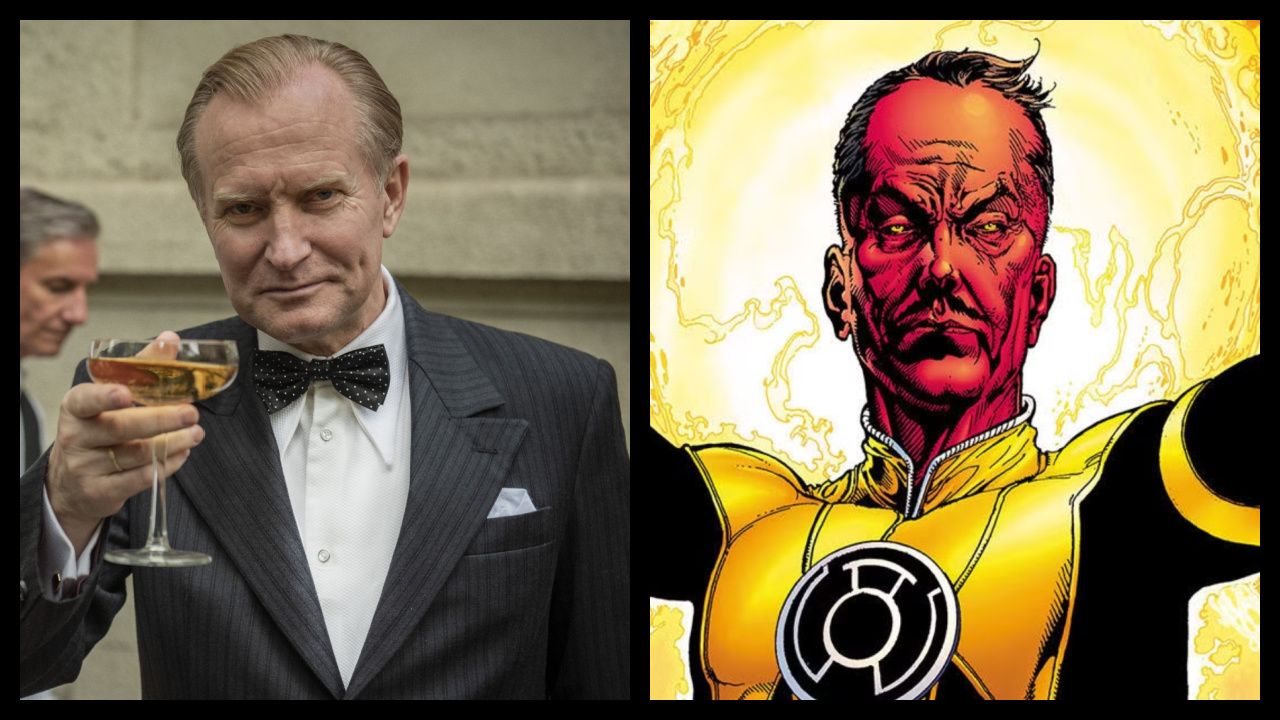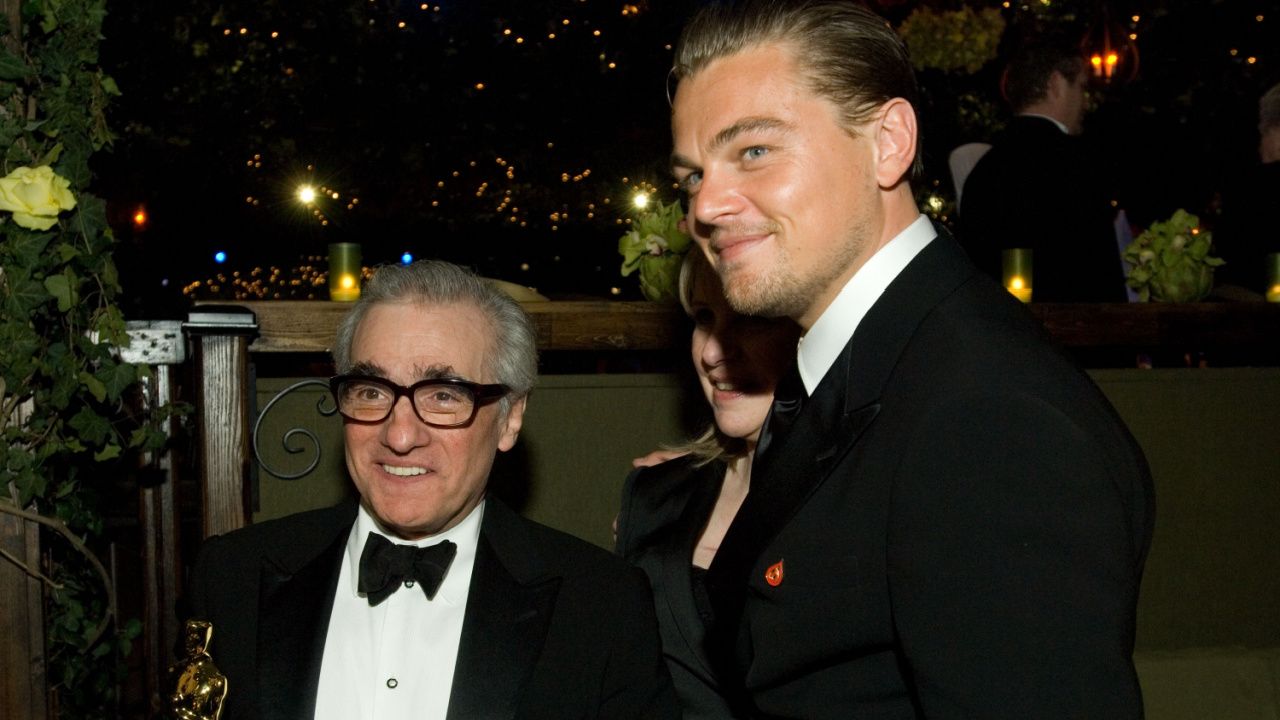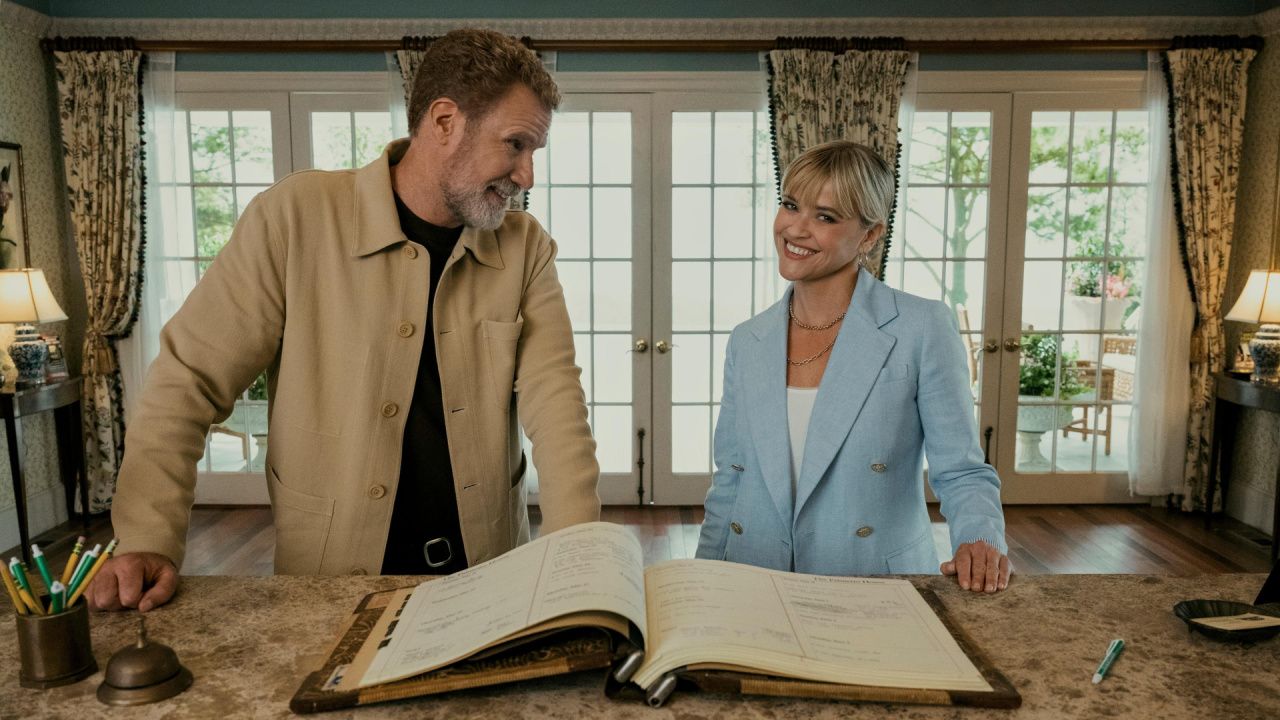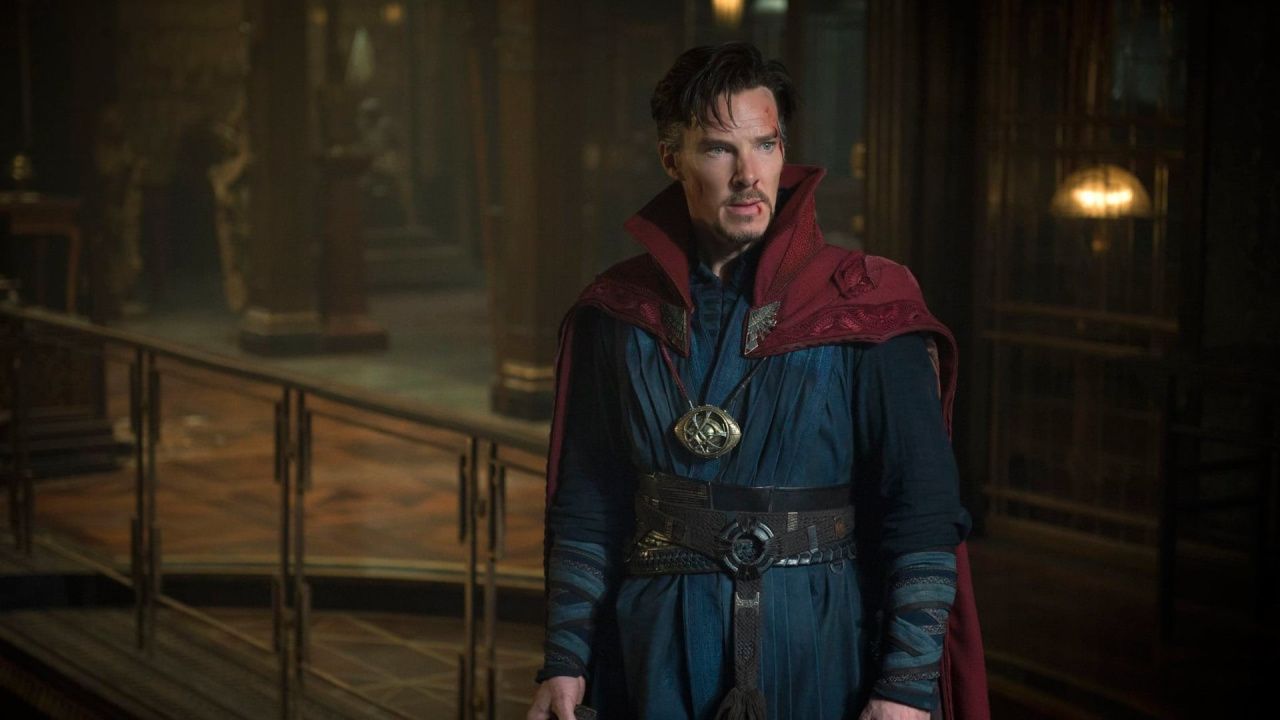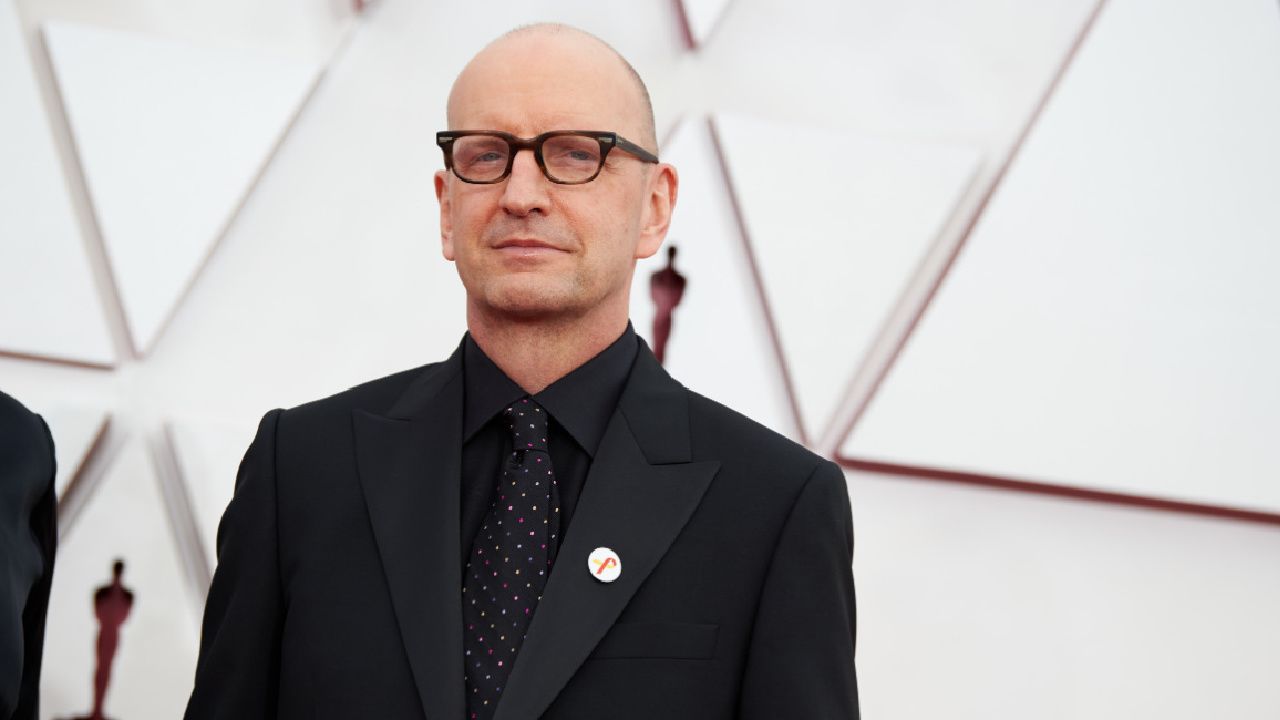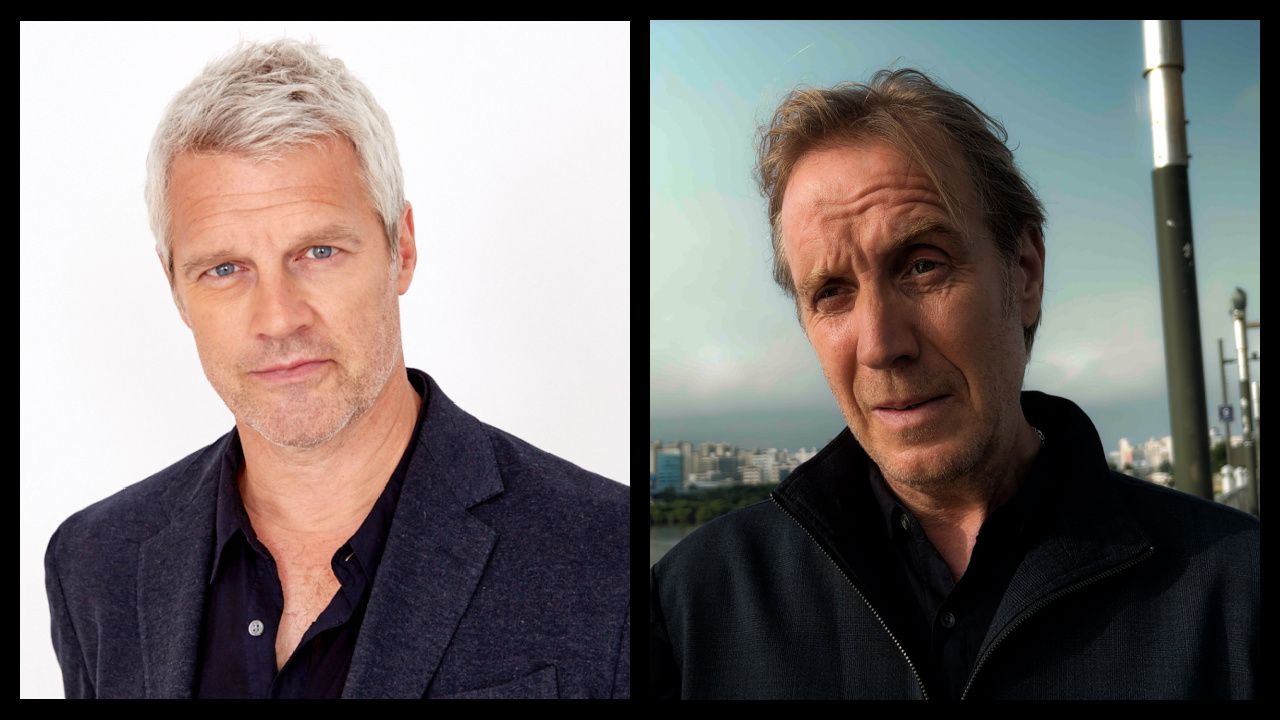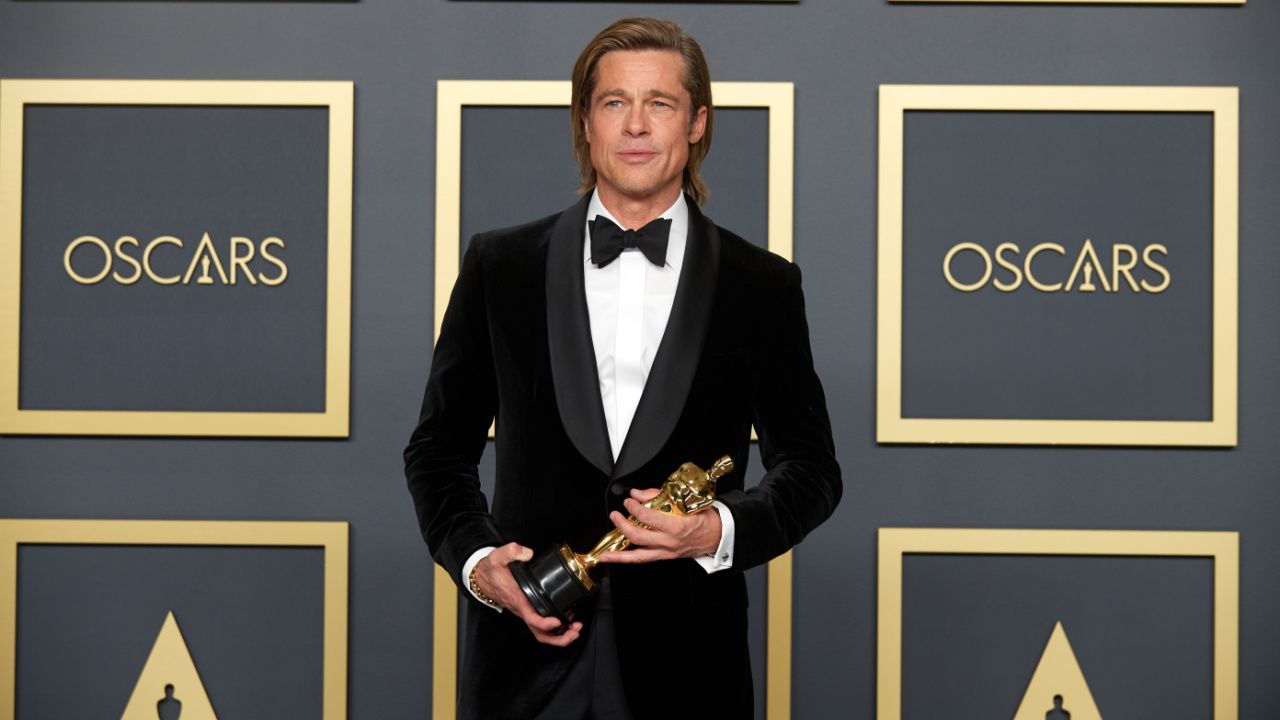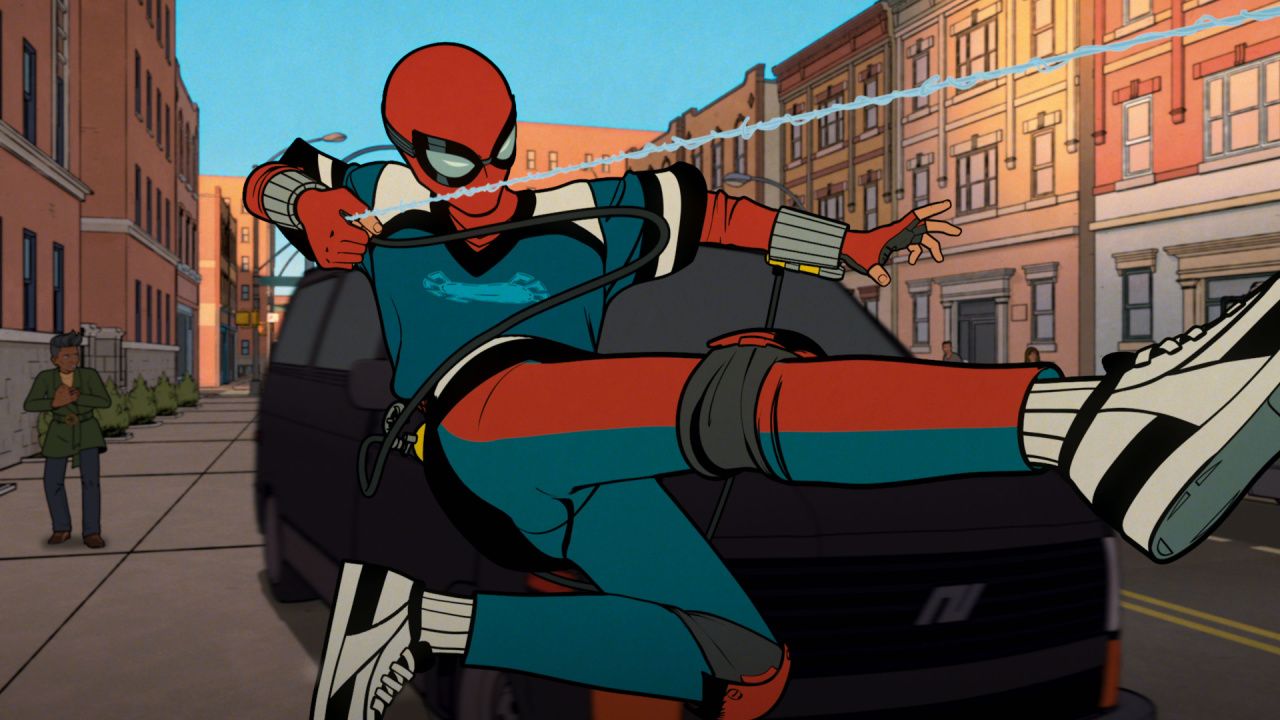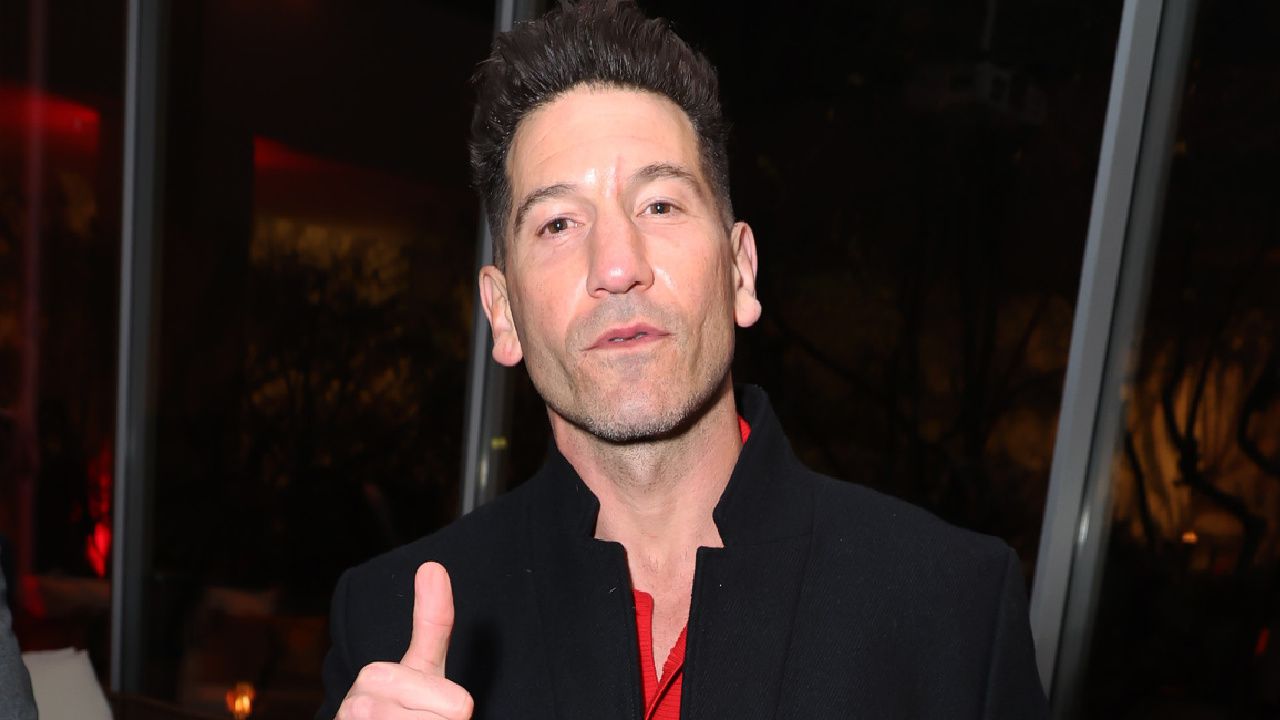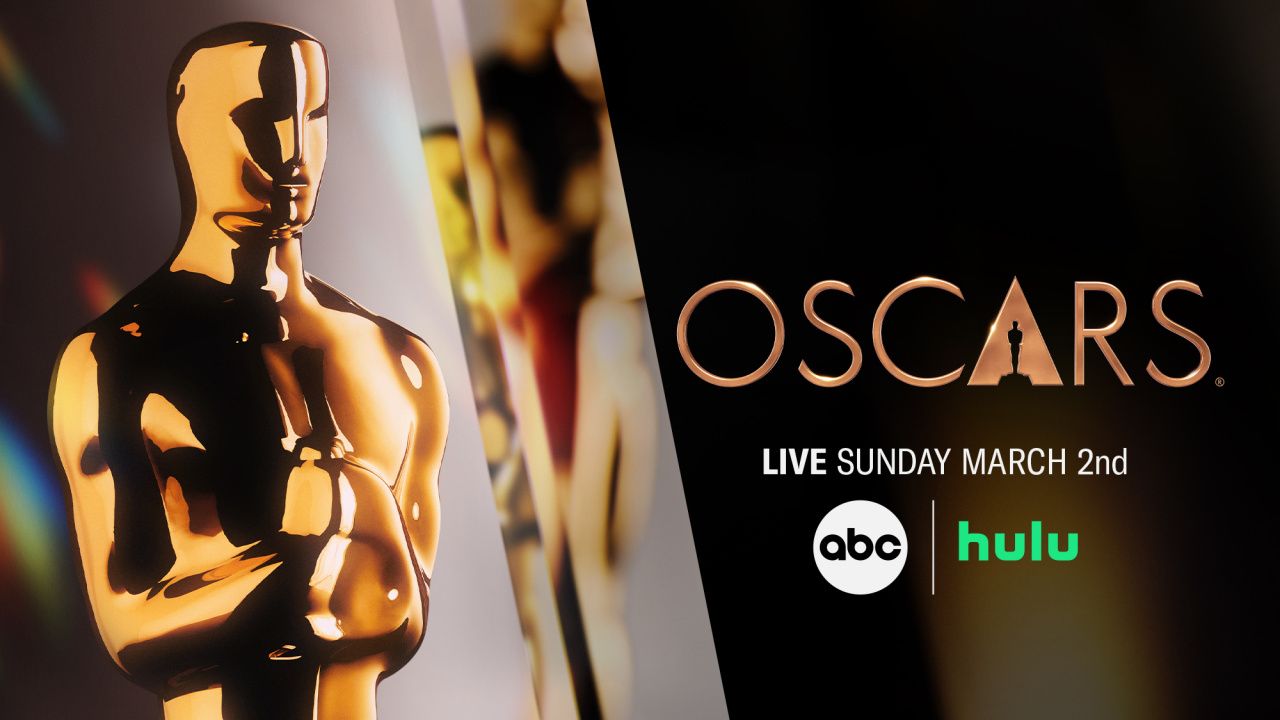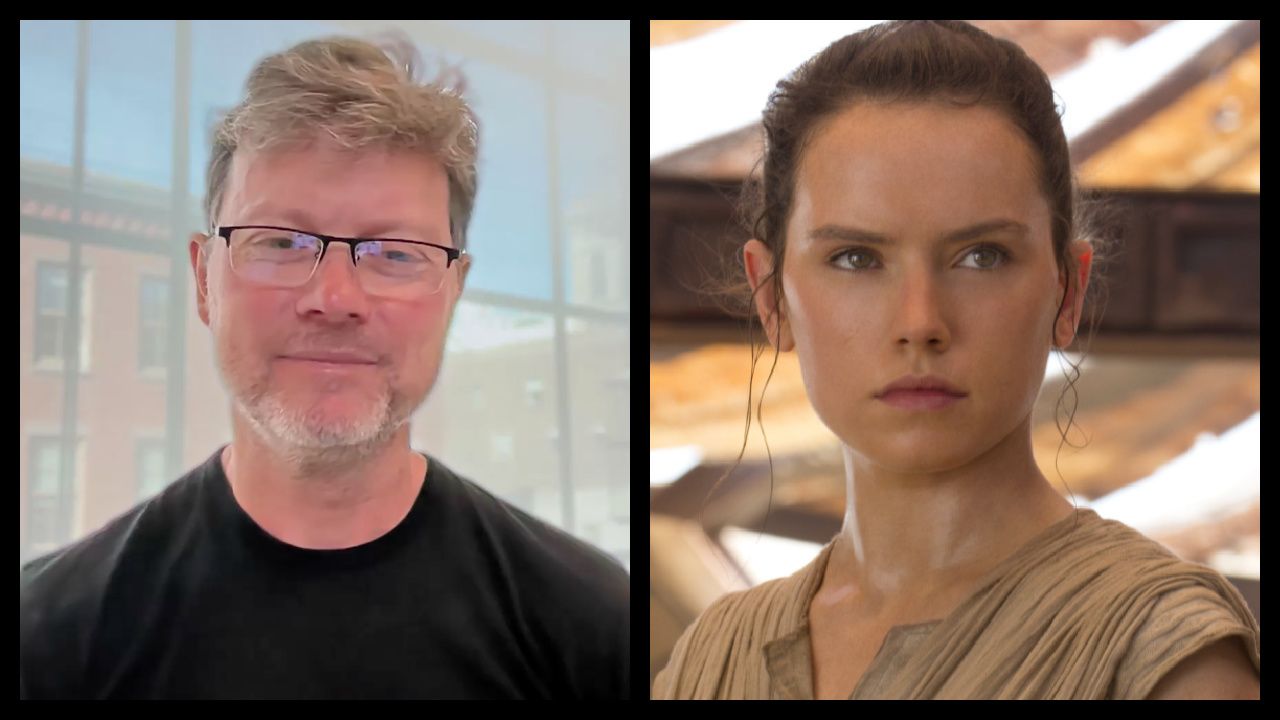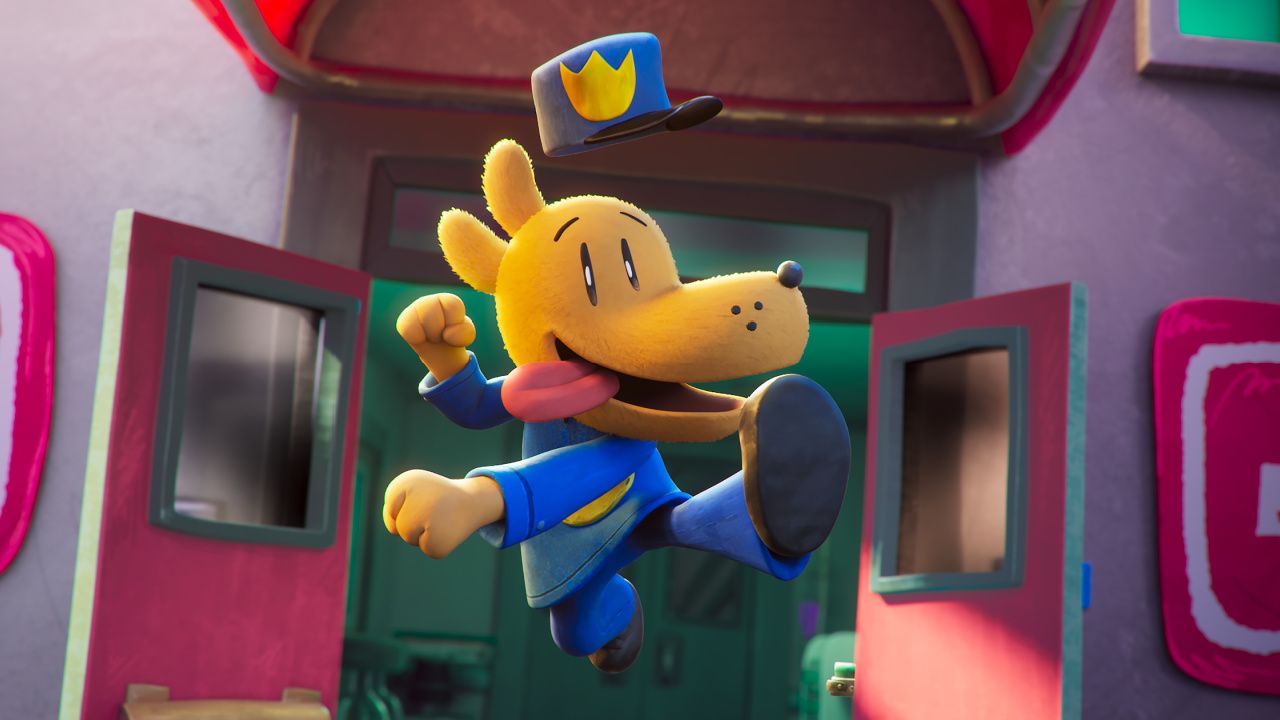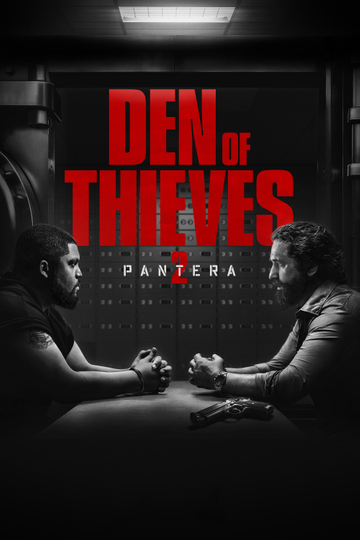'Mission: Impossible': 15 Things You (Probably) Didn't Know About the Tom Cruise Blockbuster
Before 1996, "Mission: Impossible" was a long-since-cancelled TV spy series, beloved by Boomers but forgotten by anyone younger. Today, of course, it's a popular Tom Cruise movie franchise, known for its twisty plotting and jaw-dropping stunt sequences, whose five installments to date have grossed $935 million in North America and $2.8 billion worldwide.
The change came, of course, with the release of Cruise's first "Mission: Impossible" 20 years ago, on May 22, 1996. Since then, Brian De Palma's clever, convoluted blockbuster has been watched and copied plenty. And while some of the spy franchise's secrets have become widely known, there are still some that have remained classified -- until now.
1. "Mission: Impossible" marked Cruise's debut as a producer. In a deal that would become his then-customary contract, he took no money up front but negotiated a lucrative percentage of the theatrical and video gross profits, reportedly as high as 22 percent. Cruise reportedly pocketed an estimated $70 million for the first "Mission."
2. The most celebrated (and imitated) action set piece De Palma created for the film was the vault heist at CIA headquarters. That's really Cruise dangling from those cables and balancing himself inches from the floor. Initially, he kept banging his head on the floor, but he came up with an ingenious way to stay level: He put coins in his shoes as counterweights.
3. When Jim Phelps (Jon Voight) is reading his team's personal files on the plane, the one for Jack Harmon (Emilio Estevez) lists his alias as "Tony Baretta," the name of Robert Blake's bird-loving sleuth from 1970s detective show "Baretta."
4. In another in-joke, a shout out to "Top Gun," when Cruise's Ethan Hunt looks over the list of aliases on the NOC spy list, one of them is "Maverick."
5. The exploding fish tank stunt was reportedly Cruise's idea. De Palma tried to shoot it with a stunt double, but the results were unconvincing. So that's really Cruise you see as he flees from 16 tons of rushing water.
6. The film's final action set piece, the battle atop a moving bullet train, almost didn't happen because the train's owners didn't want to allow it, since it appeared too dangerous. Cruise charmed them over dinner, and they changed their minds.7. Even so, much of that sequence was filmed in front of a blue screen on the James Bond soundstage at Pinewood Studios. But the scene where the helicopter blast hurls Ethan onto the surface of the train (above) still involved flinging Cruise himself through the air.
The producers had to search throughout Europe to find the sole wind machine forceful enough for the stunt. Blowing at 140 miles per hour, it even made the skin on Cruise's face visibly ripple. "I ended up doing it three or four times and it hurt -- I was black and blue for days," the actor recalled. "But I wanted to make it real, to make it believable."
8. Apple ponied up $15 million for a promotional product placement deal, which included showing Ethan using a PowerBook 5300c in key scenes. Unfortunately for the company, it came aboard the production too late to have script approval, so it couldn't rewrite the scenes where Ving Rhames' master hacker demands and later uses a Windows laptop. What was worse, the PowerBook was subject of a recall around the time of the film's release, so consumers inspired by the film to buy one couldn't find one in stock for four months. Plus, Apple was smarting from a $740 million quarterly loss, the second-worst in the company's history at the time. As a PR move, the "M:I" tie-in was a compete backfire.
9. The opening sequence in Prague marked the first time a major Hollywood production had filmed in the Czech capital since the fall of communism. Unfortunately, Cruise and his fellow producers felt gouged by the local authorities when they rented the historic Lichetenstein Palace as an exterior location and were charged 10 times the fee they expected. City authorities claimed the lower-quoted price had never been an authorized offer.
Playwright-turned-president Vaclav Havel sided with the Americans, arguing that the officials, who were new to capitalism, didn't see the bigger picture, that they were risking the ultimately more profitable benefits of travel-brochure-worthy footage in a Hollywood blockbuster and a positive reputation among international filmmakers. Indeed, Team Cruise threatened to warn other Hollywood crews against working in Prague, though the actor did use the city again as a double for Moscow in "Mission: Impossible -- Ghost Protocol."
10. Thanks in part to Cruise's deferred fee and De Palma's limited use of CGI, the film cost just $80 to make, a relative bargain by today's standards. (Last year's "Rogue Nation" cost $150 million).
11. "Mission: Impossible" was the first film to open on more than 3,000 screens. (3,012, to be exact.) It earned $181 million in North America and $458 million worldwide.
12. Many fans of the original TV series bristled at the radical changes the movie made. After all, Jim Phelps was the only character from the old show who's also in the movie, and the film makes Voight's Phelps anything but a hero.
Peter Graves, who played the original Phelps, said he wished they'd just given Voight's character a new name. Greg Morris, who played tech whiz Barney Collier, left a screening of the movie partway through. Martin Landau, who played master of disguise Rollin Hand on the show, said of the big-screen version, "It was basically an action-adventure movie and not 'Mission.' ' Mission' was a mind game. The ideal mission was getting in and getting out without anyone ever knowing we were there. So the whole texture changed." He also said he and the other original stars had rejected an early screenplay that would have killed off most of the old team. "Why volunteer to essentially have our characters commit suicide?" Landau added that J.J. Abrams invited him to do a cameo in "Mission: Impossible III," but he said no.
13. One original element from the show that remained intact was Lalo Schifrin's iconic, pounding theme song, which De Palma used over the opening credits. But the film closed with a new version by U2 members Adam Clayton and Larry Mullen Jr. Their pop instrumental became a top 10 hit worldwide and was nominated at the 1997 Grammys, where it competed against Schifrin's own new recording of the song.
14. The movie doesn't offer much backstory on Ethan Hunt or any of his colleagues. But the "Mission: Impossible" Blu-ray includes dossiers on Ethan and his teammates, letting viewers know that Ethan speaks 15 languages (three fewer than his mentor, Jim Phelps) and that he first developed his talent for impersonating other people while playing alone as a child on the Hunt family farm.
15. "Mission: Impossible" establishes Ethan for the rest of the franchise as a spy who prefers deception and disguise to violence. In this film, though not in future installments, he never gets involved in a gunfight; in fact, he never even fires a weapon. And the body count for the entire film is just seven casualties.











